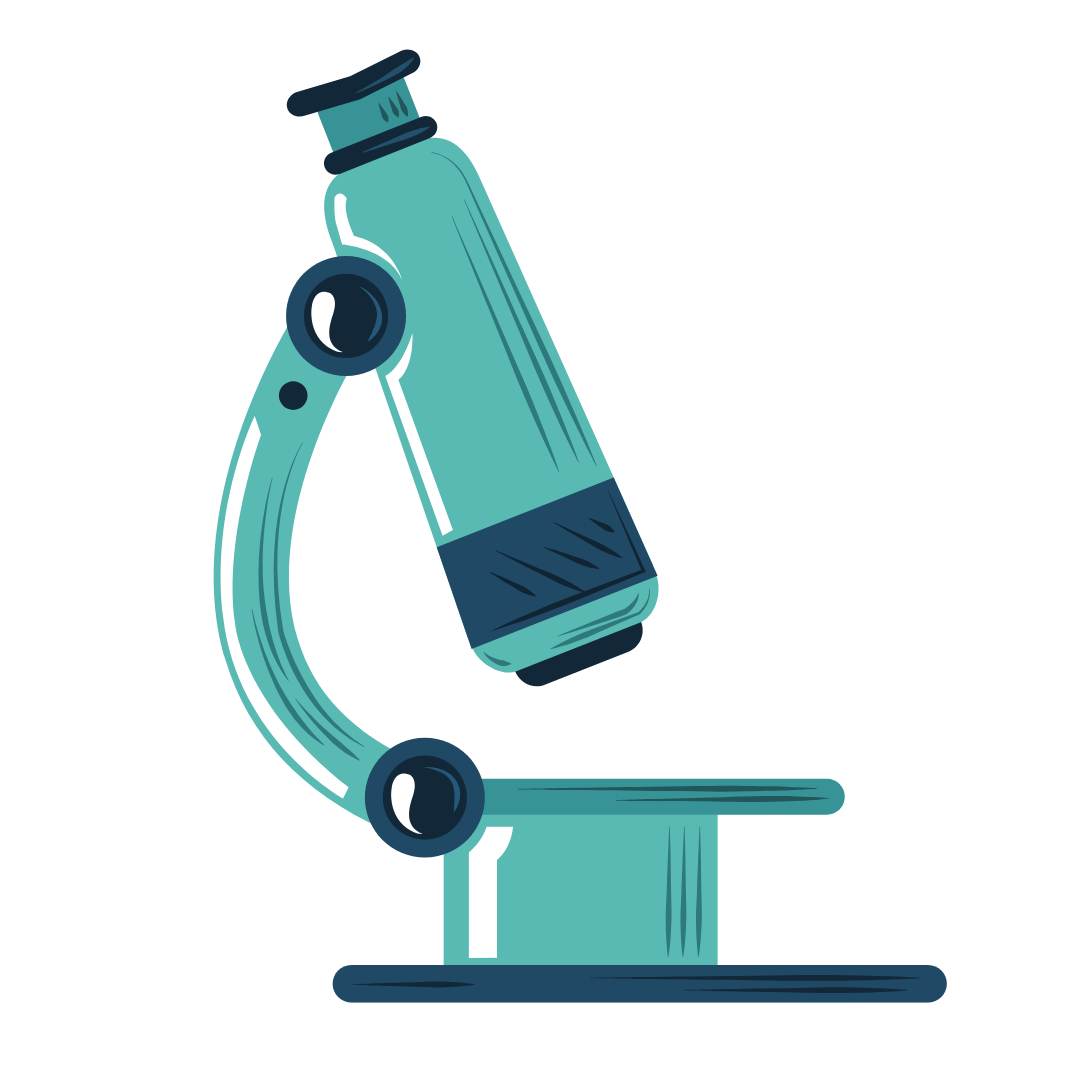Clinical Research for Hypnosis for Sleep Problems

30+ YEARS OF RESEARCH INTO SLEEP IMPROVEMENT EFFICACY
The systematic investigation of hypnotherapy for sleep disorders spans at least three decades, with robust scientific evidence beginning with early studies referenced in follow-up research from 2014. The 2018 systematic review by Chamine et al. examined studies conducted over multiple decades, demonstrating the field's established research history

81% INCREASE IN SLOW-WAVE SLEEP
Multiple controlled studies show significant objective improvements in sleep architecture. Most notably, Cordi et al. (2014) demonstrated that "after participants listened to the hypnotic suggestion to 'sleep deeper,' subsequent SWS was increased by 81% and time spent awake was reduced by 67%"21316. This improvement was measured using high-density EEG, providing objective physiological evidence of hypnotherapy's effects.

67% REDUCTION IN NIGHTTIME WAKEFULNESS
In addition to increasing beneficial slow-wave sleep, hypnotic suggestion significantly reduced time spent awake during sleep periods by 67% compared to control conditions213. This finding is particularly relevant as sleep fragmentation and nighttime awakenings are common complaints among those with sleep disorders.

The 2014 study authors noted that "in contrast to many sleep-inducing drugs, hypnosis has no adverse side effects